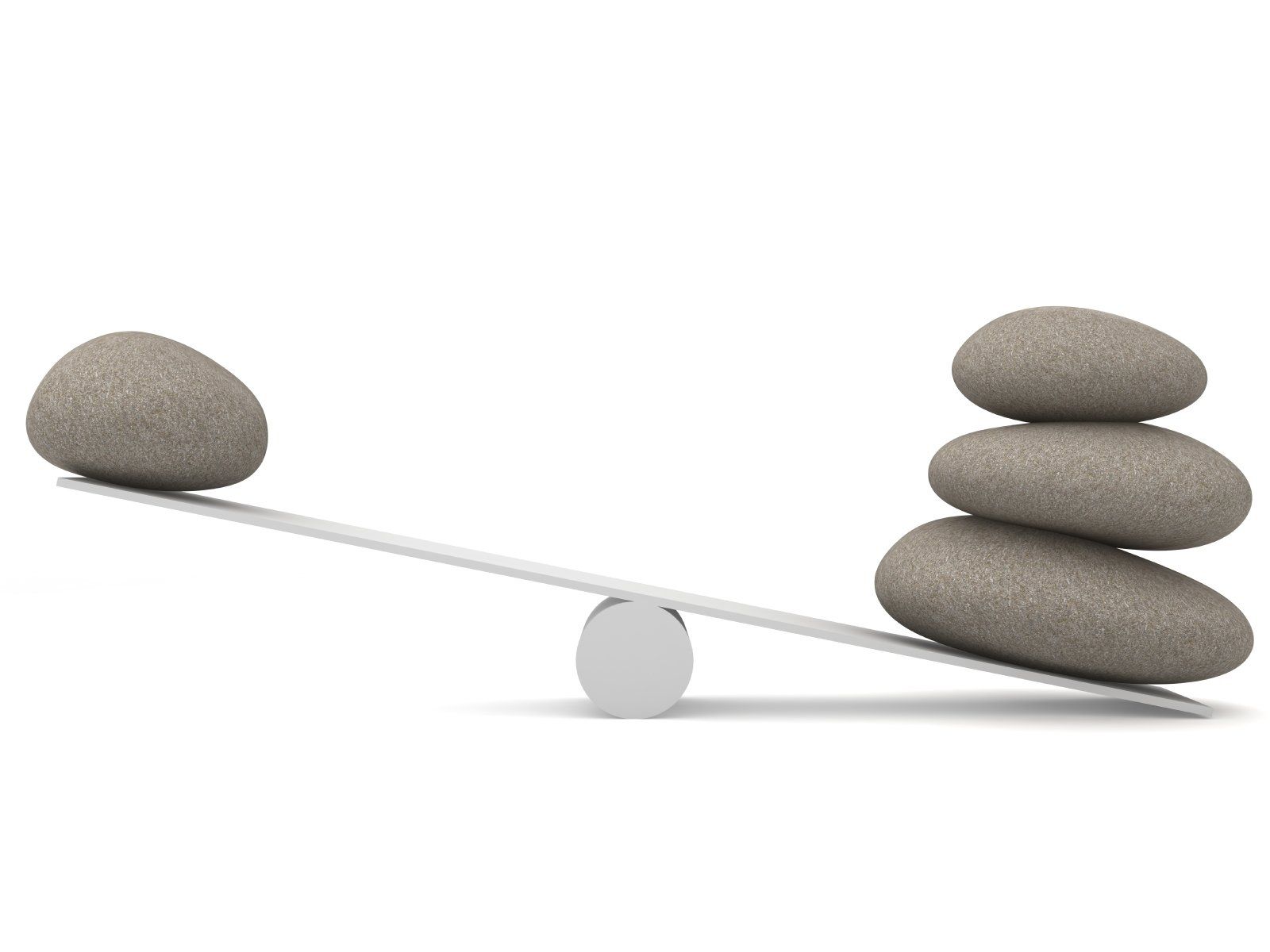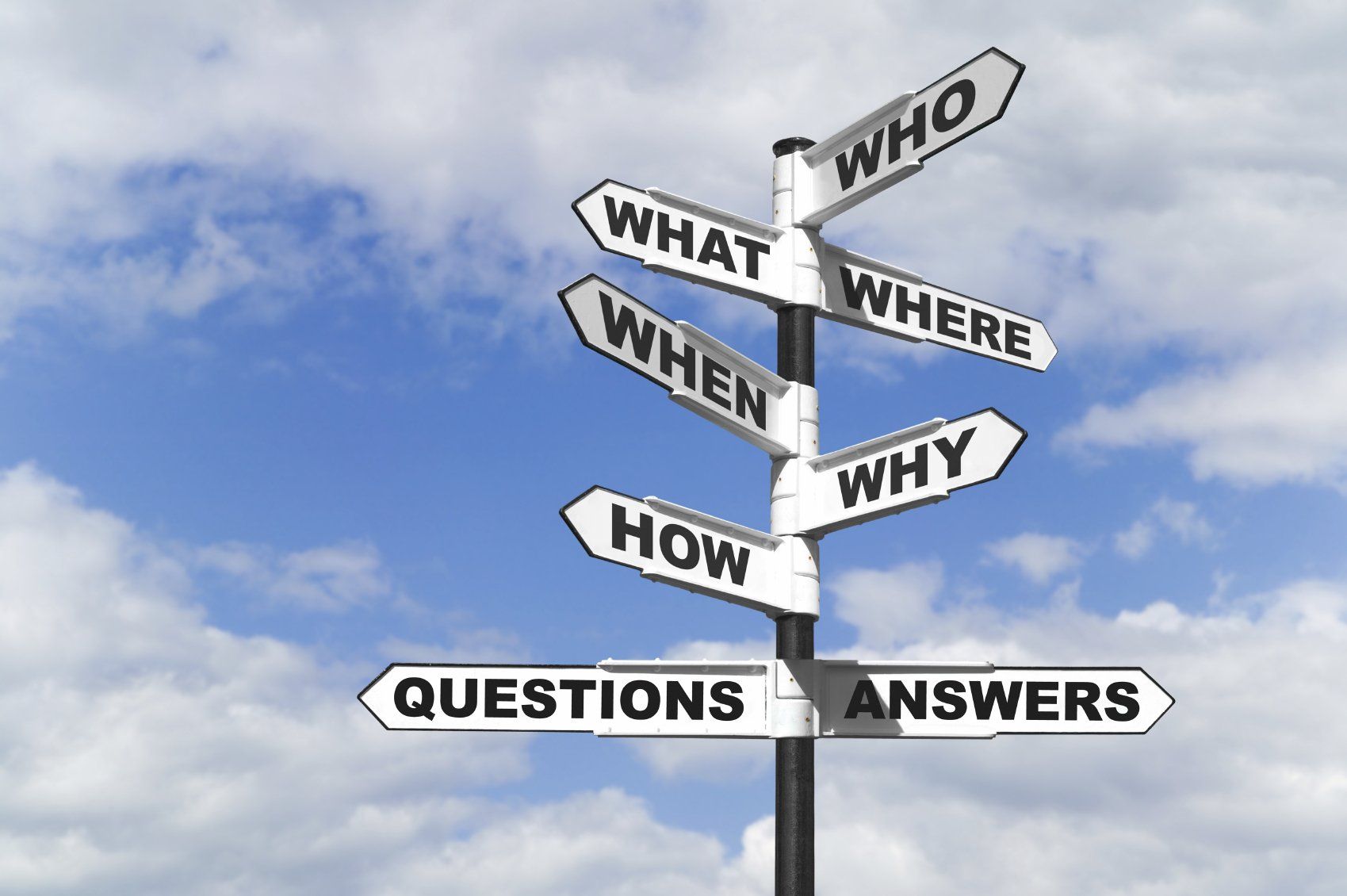Chronic Fatigue Syndrome (CFS) Myalgic Encephomyelitis (ME) & Fibromyalgia (FM) affects an estimated 250,00 people in the United Kingdom and over 17 million people worldwide. I firmly believe that these conditions are only chronic if untreated.
Often the onset of symptoms are insidious and are present for many years before a definitive diagnosis is made. The diagnosis is reached by conducting various tests to eliminate other potential explanations for the symptoms that the individual presents with.
Historically, the diagnosis for either ME, Chronic Fatigue or Fibromyalgia is eventually arrived at by determining which is the most dominant symptom, pain or fatigue, either way the bottom line is the same, you will have to learn to manage the symptoms. The current NHS treatment plan is limited and the general emphasis is on symptom management rather than recovery .
The ME association believe that recovery is not possible and continue to put their faith in research and the traditional medical model in order to explain symptoms. It was the same story back in 1998 when I became severley affected by Chronic Fatigue/ME. I am so happy that I did not accept that limited view as I would still be bedbound to this waiting for a magic cure!
The debate about what to call these conditions rages on, whichever label you are allocated is largely irrelevant but often necessary, if you are unable to work and need to claim benefits. However, people who get their label often report a sense of feeling dismissed, disbelieved, and often stigmatised. In any case what to call it it detracts from the main issue, which is;
What do we do about it?
How do we get well and reclaim our lives?
MINDSET
The experience of having a condition that is not understood creates a particular mindset, after all, we are conditioned to believe that if we are ill, the expectation is, that we see a doctor who gives us answers and prescribes treatment. But that only happens if your particular illness falls within medical models understanding of illness.
Typically, without any definitive medical test the experience of getting a diagnosis is a difficult and stressful process which in itself compounds any exisiting anxiety, creating additional symptoms!
At this point people will start an external search they will visit alternative practitioners and may become fixated with researching their symptoms.
The topic of ME, Chronic Fatigue, Fibromyalgia is still very controversial and creates much heated debate. On one hand, there are groups who believe it is a purely physical illness and others who argue that it is a psychological illness the only thing they agree on (with a few exceptions) is that recovery is not a realistic option.
The first step towards understanding the nature of Exhaustive Conditions is that we have to acknowledge and accept that body and mind are linked in a complex feedback system, this is not to say that the symptoms are not real or are all in the mind, there are valid reasons why the physical symptoms occur.
In my personal/professional experience and that of my fellow recoverers and colleagues is that the development of symptoms is often (but not always) linked to unconscious, unprocessed emotions following Adverse Childhood Experiences (ACE) and /or traumatic life events, which has profoudly affected the way in which stress and anxiety are processed and managed by the individual, this is known as a maladaptive stress response










